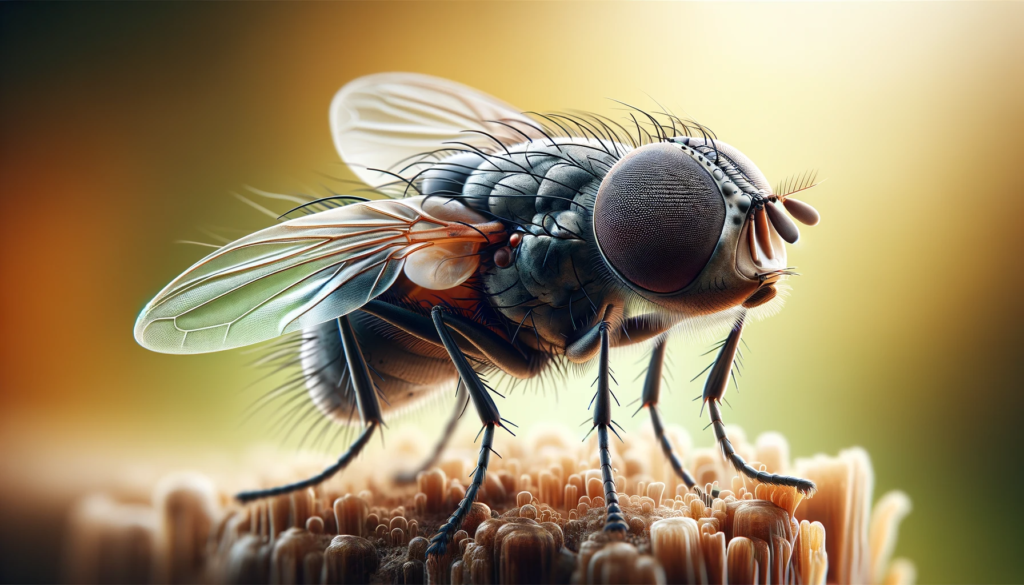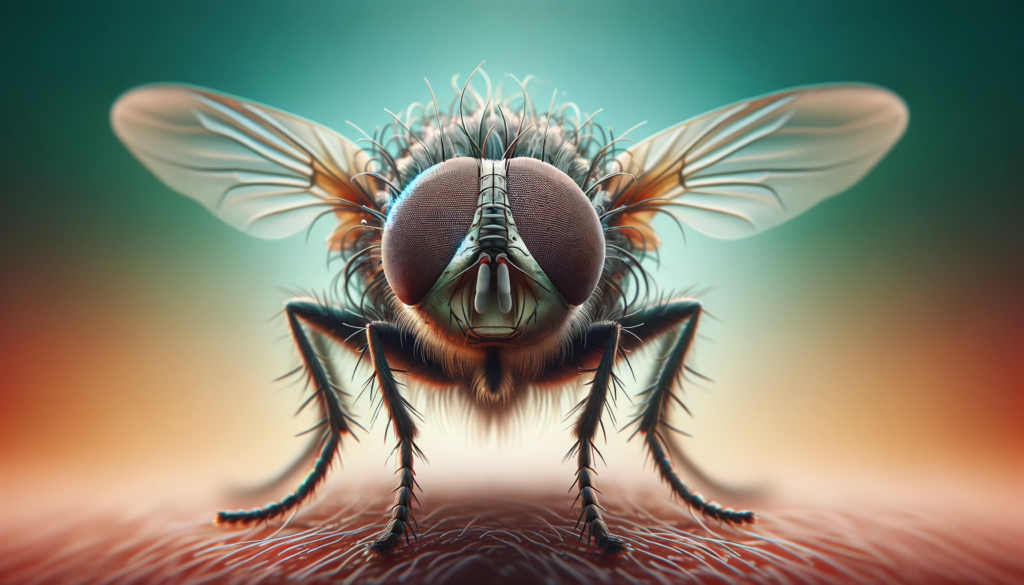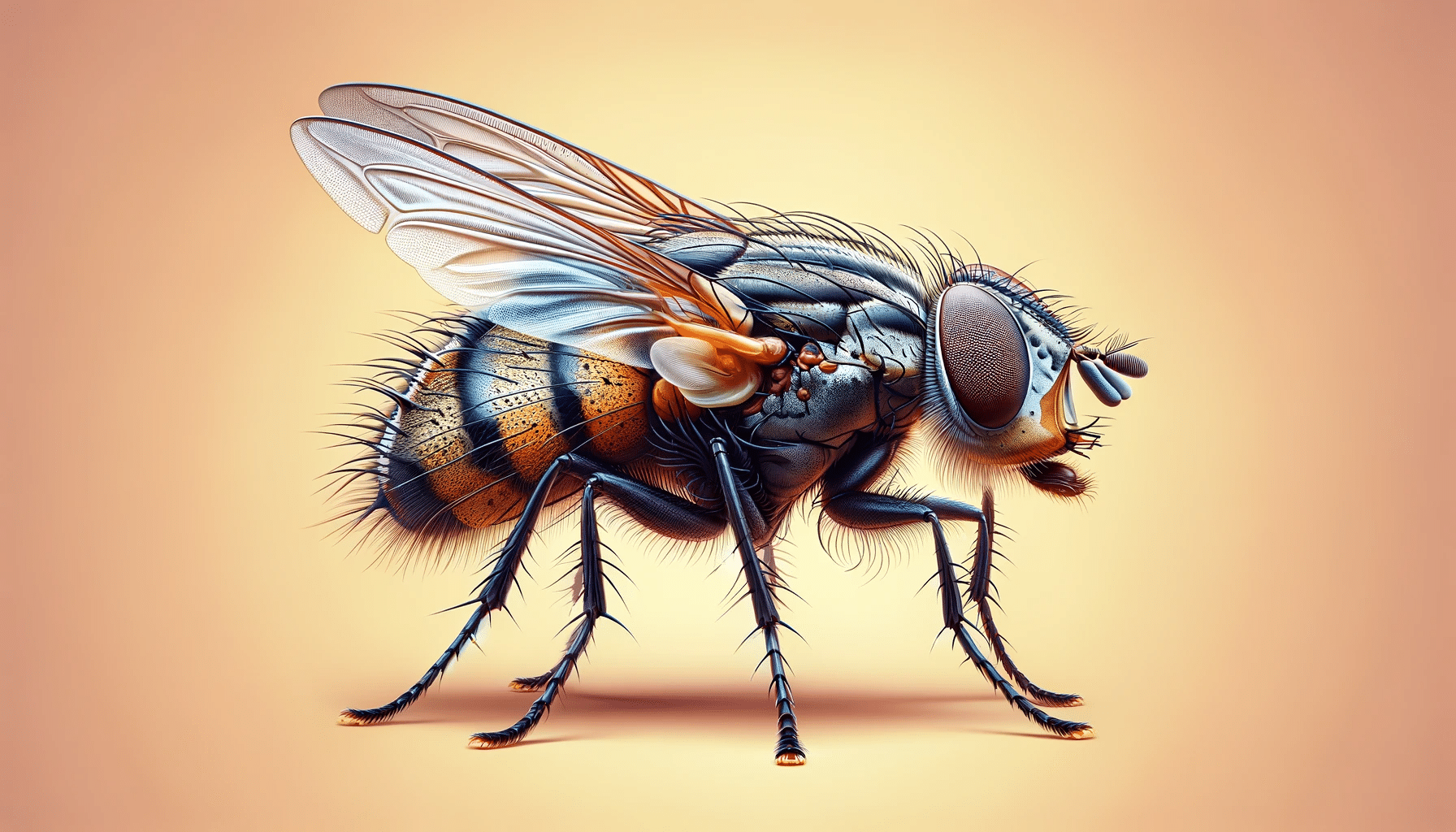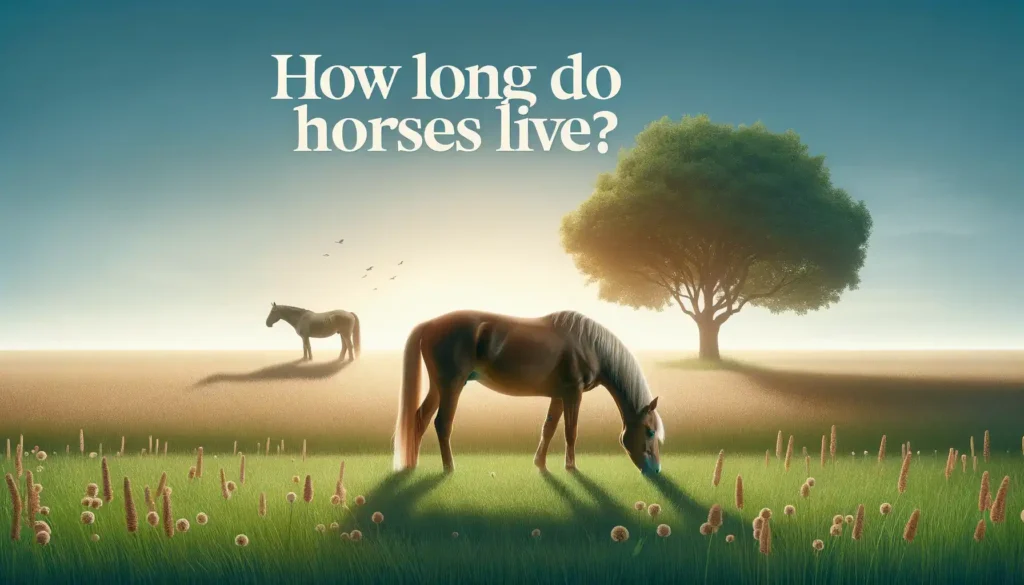The average lifespan of a fly

The average lifespan of a fly ranges between 15-50 days depending on species and conditions. House flies typically live 15-30 days while fruit flies can survive 40-50 days.
Warmer temperatures, indoor habitats, and food availability, especially sugar sources, enable flies to live towards the longer end of their life range.
Their rapid life cycle from egg to adult in 10-14 days allows for prolific breeding capabilities. Comparatively, flies have moderate lifespans versus other insects – longer than gnats but shorter than ants or bees.
The evolutionary tradeoff for flies is generational speed and adaptability rather than longevity.
Species-Specific Lifespan Details
The common house fly typically lives 15-30 days, with females surviving around 25 days and males only 15 days. Fruit flies, in contrast, enjoy a slightly longer 40-50-day lifespan.
| Fly Species | Average Lifespan |
|---|---|
| House Fly | 15-30 days |
| Fruit Fly | 40-50 days |
| Blow Fly | 14-20 days |
| Fungus Gnat | 5-10 days |
Comparing lifespans across species in a table
Factors Influencing Lifespan of fly

The longevity of flies is heavily influenced by temperature and living conditions. Warmer environments like homes and laboratories allow flies to live longer compared to the wild.
Suitable food availability also enhances fly lifespan, with sugar being particularly important. Access to sugary substances can drastically extend a house fly’s lifespan from weeks to several months if overwintering indoors.
Overall, flies tend to live much longer in warm, food-rich environments than in the variable, sparse conditions of the outdoors.
Managing these indoor factors with proper sanitation and fly control is key to preventing lengthy lifespans and infestations.
Comparative Analysis: Flies vs. Other Insects
Compared to other common insects, house flies have a moderate lifespan, longer than gnats but shorter than ants. Fruit flies live longer than house flies.
The short lifespans of flies evolutionarily enable rapid generational turnover and adaptability to changes. Their high reproductive capacity also compensates for their relatively brief life.
In contrast, longer-lived social insects like ants and bees have developed complex colony structures to maintain generational knowledge.
Overall, insect lifespans reflect adaptations to ecological niches, with flies optimized for speedy breeding and dispersion rather than longevity. Their rapid lifecycles mandate ongoing pest control vigilance in human habitats.



